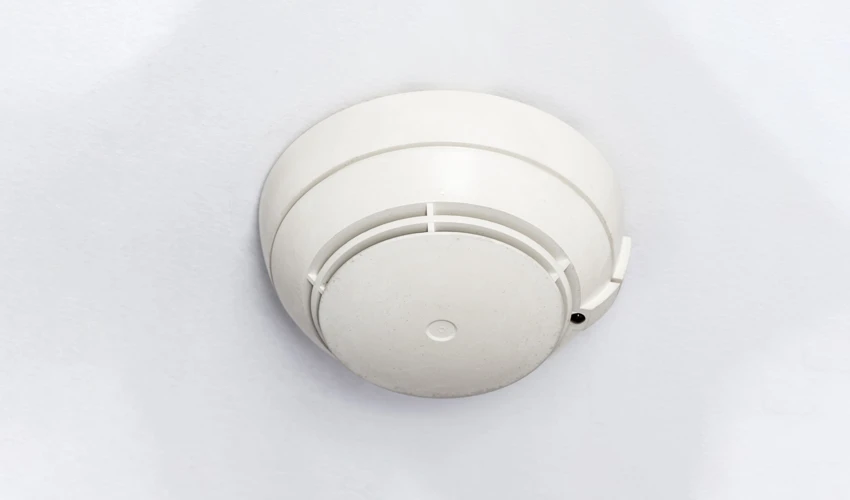Toxic AC Smells and What They Mean

Last updated: 11/28/2023 and reviewed by our team of HVAC professionals.
What's that awful smell? It’s not the result of your child – or the dog. It’s your HVAC system. When your central air conditioner smells bad, it’s never a good sign.
Do I Need to Worry About My Indoor Air Quality?
Even when AC smells result from something minor, like musty smells from a dirty air filter or stagnant water in the system, it’s not good for your health. Worse, some smells are toxic, requiring immediate attention. Contact our professionals to discuss your indoor air quality testing options.
Is What You’re Smelling Dangerous?
Toxic AC smells include…
- Burning Odors
Electrical odors could indicate a mechanical problem with your AC fan or compressor, wiring issues, or electrical component failure. Made with a variety of metals and chemicals, prolonged exposure to these fumes is not advisable. - Gun Powder
Cousin to ‘burning smells,’ a distinctive, gunpowder-like aroma may also result from a fried circuit board or fan motor, with odors posing similar dangers. With such smells, it’s always a good idea to call for a professional inspection before running your HVAC system again. - Sewage
Unfortunately, this smell is often actually from sewage backups or ruptured pipes and venting nearby ductwork. It doesn’t take much to fill your home up with a not-so-lovely methane smell. Flammable and toxic, this stench is nothing to laugh about. Decaying sewage is dangerous to breathe, even at low levels, and at higher concentrations displaces oxygen necessary for breathing. - Skunky Aroma
With poorly-sealed crawlspace homes, there is a minute chance that skunk smell is actually from skunks, who can quickly tear-up AC ductwork and establish residence. Neither enduring the odor, nor the infestation is good for you – or your AC system. If this is not the case, and you can’t find the source or smell the same skunky aroma outside, it could be a natural gas leak. (See below.) - Rotten Eggs
Gas is naturally colorless and odorless, thus chemical odorants are added to allow for the detection of dangerous leaks. If you smell a rotten-egg-like odor in your home, natural gas is likely the culprit, and immediate inspection a must. While low level exposure is not hazardous to your health, high levels reduce oxygen in the blood, and can lead to loss of consciousness and death. Gas is also highly flammable and explosive, resulting in dozens of deaths each year. - Dead Animal
If an animal dies within your walls or system, its decomposing carcass will give off a terrible odor, quickly spreading through your AC system. Ventilation and duct cleaning are recommended to quickly address these odors – and save your sanity. Direct contact by humans or pets can result in disease or parasite exposure. Worse, decomposing matter will become a breeding ground for beetles, worms, and flies, which will become a disgusting nuisance in your home. - Exhaust Fumes
Even in systems not powered by gas, exhaust fumes can still result if fluids leak from essential components. To avoid a dangerous situation, have your system professionally assessed. Burning oil and other fluids can release large amounts of toxic gases, different in chemical makeup than in natural, liquid form. These particulates can be hazardous to your health, depleting oxygen and resulting in an array of health issues. - Chemical Aroma
Why does my air conditioner smells like chemicals? If your air conditioner smells like paint thinner, formaldehyde or other chemicals, it’s always better being safe than sorry. Many fluids are used within your HVAC system that could result in an assortment of chemical odors with system malfunction, making prompt attention advisable.
Bad smells are never a good sign. If you’ve smelt it, please connect with our helpful, friendly, and professional team by contacting Aire Serv® today.
 Click to call
Click to call


